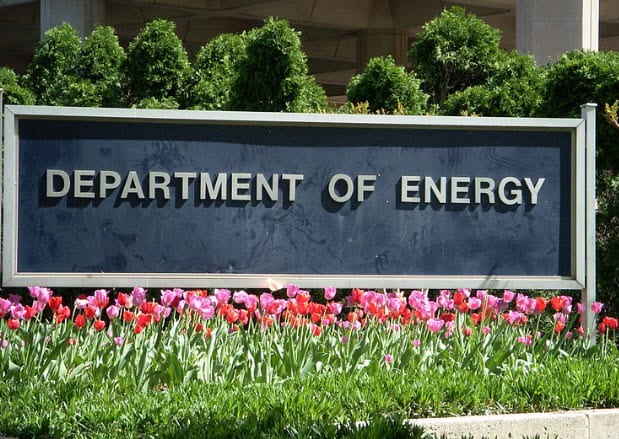
DOE extends deadline for hydrogen fuel initiative
July 4, 2013Deadline extended for ambitious projects concerning hydrogen fuel
The U.S. Department of Energy has announced that it has extended the deadline for the Fuel Cell Hybrid Electric Medium Duty Trucks, Rooftop Backup Power, and Advanced Hydrogen Fueling Components program. This initiative is meant to provide funding for projects concerning hydrogen fuel and its use in materials handling and backup energy. The initiative is also meant to help promote progress in efforts to establish a comprehensive hydrogen fuel infrastructure by stimulating the research and development of fueling technologies.
DOE aims to support the development of fuel cells and their uses in transportation and backup energy
The new deadline for applicants stands at July 25, 2013. Letters of intent to participate in the program are due no later than July 12 of this year. The program is part of the Obama administration’s “all of the above” energy plan, which has the federal government supporting all forms of energy production, including fossil-fuels and nuclear power. Hydrogen fuel is included in this energy plan, but has received relatively little attention from the federal government when compared to other forms of clean power. Most of the attention that hydrogen fuel has received thus far has come from its potential uses in the transportation field.
 $9 million available through DOE initiative
$9 million available through DOE initiative
The initiative aims to invest some $9 million in various hydrogen fuel projects concerning medium duty vehicles and backup energy systems. Some of this funding will also go toward the research and development of fueling technologies in order to better formulate a working hydrogen fuel infrastructure. The ultimate goal of this funding is to direct hydrogen fuel cells toward becoming more cost effective and efficient. The federal government has expressed interest in seeing these energy systems reach the market at a relatively low cost, thereby making them sufficiently attractive to those interested in renewable energy.
Infrastructure remains problematic issue for hydrogen transportation
Infrastructure is currently on the most significant challenges facing hydrogen fuel today. Without a comprehensive fuel network, hydrogen-powered vehicles are likely to fail in the market. Currently, only the country’s largest cities have some semblance of a working hydrogen fuel infrastructure. Even in these cities, hydrogen fuel stations are somewhat sparse, but there are plans to have a comprehensive infrastructure in place in many parts of the country by 2015, if not sooner.



 With over 15 years of reporting hydrogen news, we are your premier source for the latest updates and insights in hydrogen and renewable energy.
With over 15 years of reporting hydrogen news, we are your premier source for the latest updates and insights in hydrogen and renewable energy.